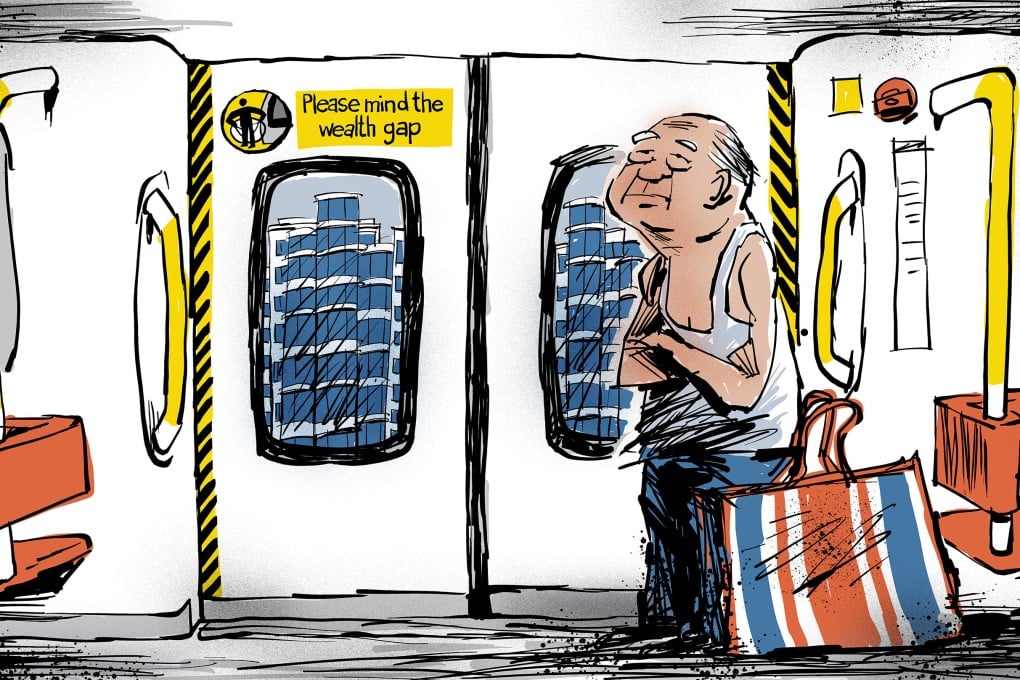Opinion | MTR Corp should stop feeding Hong Kong’s housing crisis and help solve it instead
- The MTR Corp has profited handsomely as a major property developer and landlord
- As calls for regulation grow, the organisation must recall its civic duties as a mostly publicly owned company and commit to providing affordable housing

The MTR Corporation, in its headlong pursuit of profit from its real estate endeavours, has lost sight of its true function: to serve the people of Hong Kong.
Its original and most important purpose is to meet Hong Kong’s public transport needs and, in part to secure the sustainability of that obligation, the corporation was permitted to dabble in real estate.
For a publicly owned corporation, social responsibility should supersede the desire to generate shareholder profits, defray pandemic shortfalls or compensate for unrelated costs. The MTR Corp needs to stop being part of Hong Kong’s housing equity problem, and start being part of its solution.
But the corporation’s executives should not undermine that modest generosity or be lured by misguided practicality into further burdening a suffering populace.

